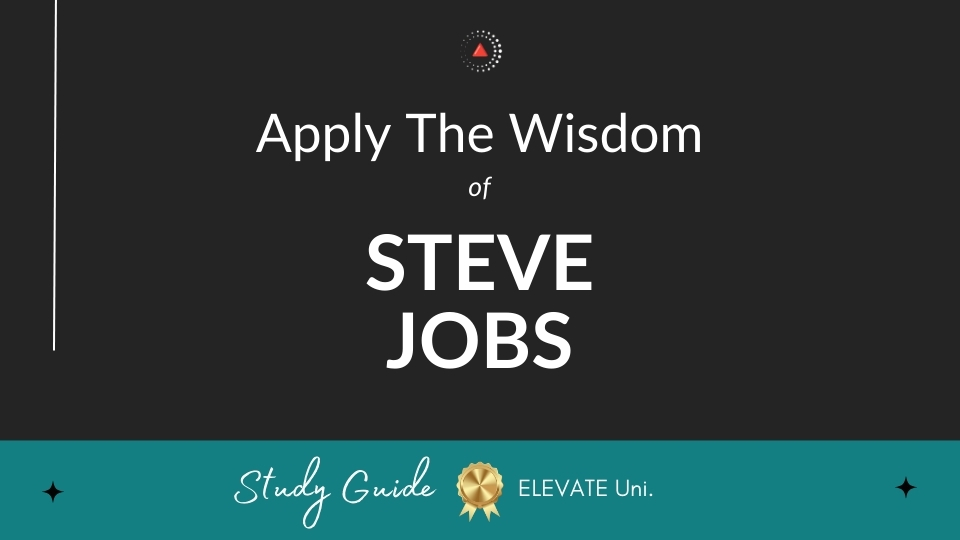Being the richest man in the cemetery doesn’t matter to me. Going to bed at night saying we’ve done something wonderful, that’s what matters to me.
What's the meaning of this quote?
Quote Meaning: This quote serves as a reminder that accumulating wealth should not be the sole objective in life. Instead, it is more important to focus on the positive impact we can have on others and the world at large. By striving to make meaningful contributions and create lasting change, we can leave a legacy that extends far beyond our material possessions. The quote suggests that true success and happiness come from the knowledge that our actions have made a difference, rather than from achieving a specific financial status. By shifting our priorities from material wealth to the pursuit of purposeful, meaningful endeavors, we can experience a more profound sense of fulfillment and contentment in our lives.
Who said the quote?
The quote "Being the richest man in the cemetery doesn't matter to me. Going to bed at night saying we've done something wonderful, that's what matters to me." was said by Steve Jobs (Bio / Quotes). Steve Jobs was a visionary entrepreneur and co-founder of Apple Inc.
What are Steve Jobs' Best Quotes?
Watch on Elevate's YouTube channel and be sure to subscribe for more wisdom and insights from the world's top minds.
Subscribe on YouTube to get the latest quote videos delivered straight to you:
Is there a historical example that illustrates the message of the quote?
A compelling historical example that embodies the sentiment of this quote is the life of Andrew Carnegie, an American industrialist and philanthropist. Carnegie, who amassed immense wealth as a steel magnate in the late 19th and early 20th centuries, is often remembered not only for his financial success but also for his commitment to giving back to society.
Carnegie famously believed in the "Gospel of Wealth," which asserted that the affluent had a moral obligation to distribute their surplus wealth for the public good. By the time of his retirement, Carnegie had sold his steel business to J.P. Morgan and devoted himself to philanthropy. He funded the establishment of libraries, schools, and various educational institutions across the United States and the world. His contributions were motivated by a deep desire to create lasting positive impacts rather than simply accumulating wealth.
Carnegie’s actions reflect the quote’s message that the true measure of a life well-lived is not in financial success alone, but in the meaningful achievements and contributions one makes to society. For Carnegie, the joy and fulfillment came from knowing that he had helped improve countless lives and had left a legacy of generosity and progress.
How can the quote be applied in a real-life scenario?
The essence of the quote can be applied to our daily lives by focusing on the impact we have rather than just material success. Consider the example of a person who works in a corporate job and achieves significant financial success. If their work is solely driven by the desire for personal wealth, they might find themselves feeling unfulfilled despite their financial achievements.
Now, imagine this person decides to use their skills and resources to start a nonprofit organization or engage in community service. They could focus on solving local issues, supporting educational programs, or mentoring young professionals. The true value in their life would come from the tangible improvements they make in the lives of others and the satisfaction of knowing they’ve made a difference.
This approach aligns with the quote's message that personal satisfaction and fulfillment come from making a meaningful contribution and knowing that one's actions have created something wonderful. Instead of merely counting material success, they would measure their life’s worth by the positive changes they’ve inspired and the legacy they leave behind.
Applying the quote to your life
Unlock Jobs' wisdom and apply it to your life by getting the in-depth Steve Jobs Workbook & Study Guide, complete with top quotes, insightful commentary, reflective questions, and practical uses for everyday life. 👇
To apply more wisdom, get the All-Access Pass, which includes hundreds of study guides from the world's top minds. These include deep insights from individuals such as Nelson Mandela, Steve Jobs, and Albert Einstein, as well as some of the top authors and personal development books.
Chief Editor
 Tal Gur is an author, founder, and impact-driven entrepreneur at heart. After trading his daily grind for a life of his own daring design, he spent a decade pursuing 100 major life goals around the globe. His journey and most recent book, The Art of Fully Living, has led him to found Elevate Society.
Tal Gur is an author, founder, and impact-driven entrepreneur at heart. After trading his daily grind for a life of his own daring design, he spent a decade pursuing 100 major life goals around the globe. His journey and most recent book, The Art of Fully Living, has led him to found Elevate Society.





















